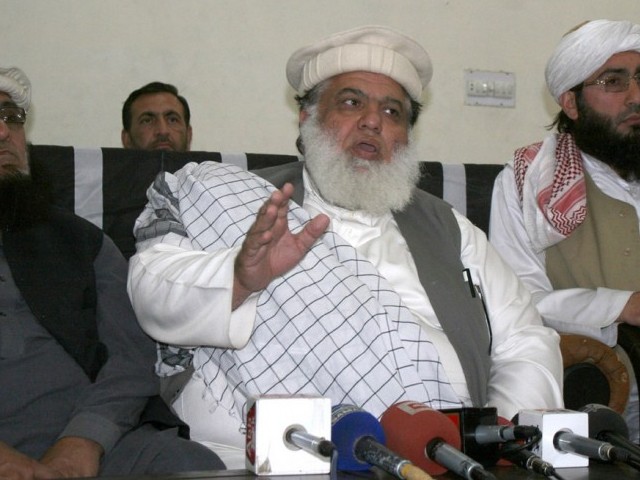Guynextdoor2
BANNED

- Joined
- Feb 21, 2013
- Messages
- 12,286
- Reaction score
- -42
- Country
- Location
As of today- sellout to Trump
Follow along with the video below to see how to install our site as a web app on your home screen.
Note: This feature may not be available in some browsers.


Here is a Danish tourist in Northern Pakistan. Notice most of the hotels are quiter then a morgue on sunday.Where are the hotels along CPEC?
New Recruit

Don't be silly. I have a Pakistani friend who was brought up in Hong Kong and worked in many places in China and he moved to UK post 2000. I get lot of insights from him. Although they took him as a European because of his fair complexion.between Pakistan and China

10/10Can a chinese visitor in pakistan smoke n driink alchohol openly? Smoking is a big past time of chinese people(not all chinese smokes of cos- just more when compared to other populations)
Do chinese females need to adhere to certain dress codes during their stay in pakistan? Chinese women like to dress whatever they want with no social restrctions.
The answers to the above are important, because they will also answer the question why chinese tourists are more likely to visit london, new york or paris then any place in pakistan.


You have raised very good points but how many people go in such technical details?That is because the numbers are emarassingly low.
I know about terrorism but I am not entirely bought by that argumant. It's too easy, too sweet and glosses over other issues.
As you live in UK you will be aware real tourism is not having "the biggest mountain, biggest glacier,biggest waterfall" that underpins tourism. Those are natures blessing and die hard mountaineers will come - despite where they are. There is nothing generically Pakistani about them. You can't sustan 5 million tourist on a geographic penomenon.
How many people come to UK to see Ben Nevis or Mount Snowdonia? The fact is Lahore, Multan, Mohenjo Daro, Harrappa, Taxila should have hordes of tourists. Lahore is hardly 'terror central' and it has lots of incredible tourist sites.
And I am not denying that terrorism is not a factor but even that Pakistan's problem. You can't blame outsiders for that.

many chinese cannot tell the difference between the two. you guys look alike and sound alike. we used to import movies from both countries. it was very hard to remember which country made which movie. some of the negative impression on pakistan may be due to the negative impression on india.
for those who can tell the difference, I think the impression on pakistan is far more favorable.

Pakistan should be getting millions of tourists given that it has premier tourist attractions. For example we know that Gandhara had ancient liks with China and Buddhism was 'exported' up along what is the Karakorum Highway - essentially the CPEC route. This offers so much opportunity. According to BBC India recieved 'only' 210,000 tourists from China out of 7 million. I doubt pakistan even got 5,000. This needs fixing.
http://www.bbc.co.uk/news/business-32750577


Yes, I agree there. There is huge potential here. It is for us to leverage what we have to build up a booming industry. Nobody else is going to do it for us.However the onus is on us as well to develop even a half decent tourist culture.
More like 'terrorism minister' to scare away any tourists.tourism minister

Another reason for more Chinese tourists visiting India is because of culture history. Buddhism influence is China is fairly large and Buddhism started from India. That makes visiting India interesting. There is no such attraction from Pakistan. Some Muslim population in Xinjiang may find it interesting to visit Pakistan but that population is much smaller and less wealthier.Let's be honest mate. We are coming out of - but still involved in a high intensity anti terror campaign. When a potential Chinese tourist reads news on Pakistan, he sees Peshawar school massacre, April attack Lahore etc. Still a lot of Chinese can be found in Pakistan now. Back in my childhood seeing a Chinese in Lahore was an oddity. Now its a normal thing. Give the security situation some years to improve and yes they will start coming here in more numbers as well. However the onus is on us as well to develop even a half decent tourist culture. India has launched a huge soft image campaign (incredible India) and has Bollywood to support this further. Our tourism minister less than a decade ago was this guy below, go figure. (Its maualana fazlur rahmans brother)


China is fast heading to be the biggest source of tourists in the world. Also typical Chinese tourists tend to spend more money therefore leaving behind more 'tourist dollars'.potential Chinese
Forget India my friend. As far as Chinese go - talk Buddhism > talk Pakistan. Buddhism was 'exported' from a region in Pakistan called Gandhara along what is now the Karakorum Highway to China. Refer to map below. You will notice capital of Pakistan - Islamabad at bottom right of the map. This is where Buddhism took off to to China. There are fantastic sties in this regin of Pakistan. India does not have anything like this. Only Nepal the homeland of Buddhism can match. The problem is most historical literature about this subject was written by English during British India days and they used the word 'India' because it coveed everything from Burma, Bangladesh, Nepal, modern India, Pakistan in one colony.But if Pakistan preserves the Buddhism


